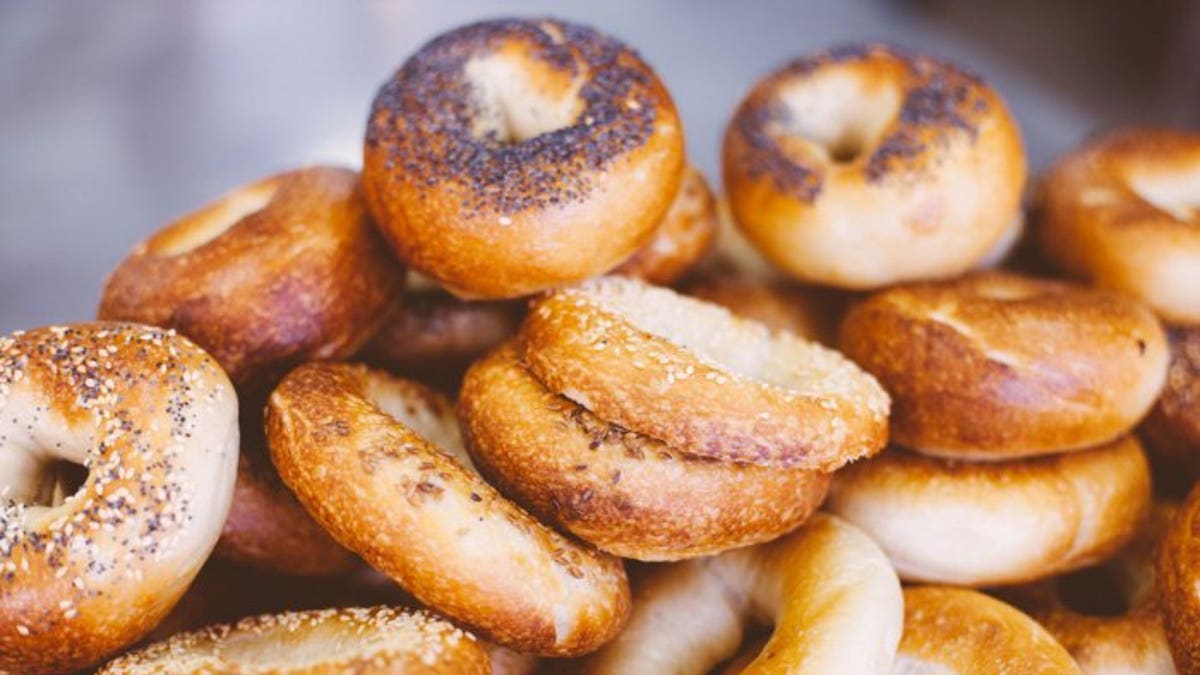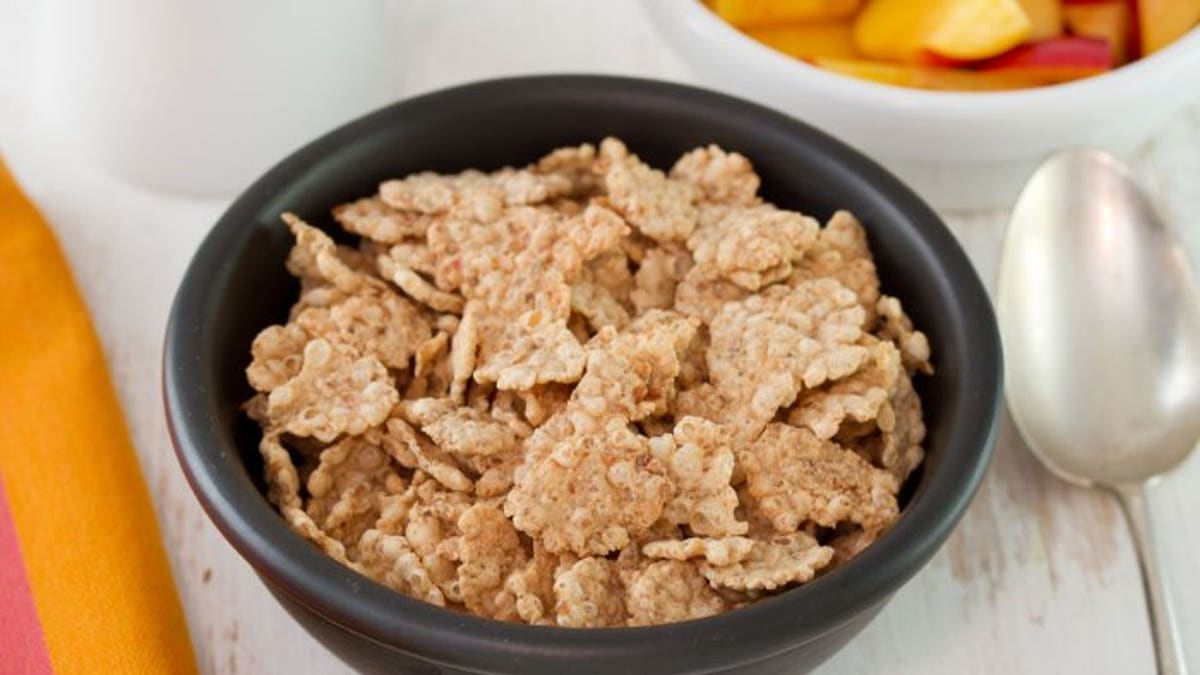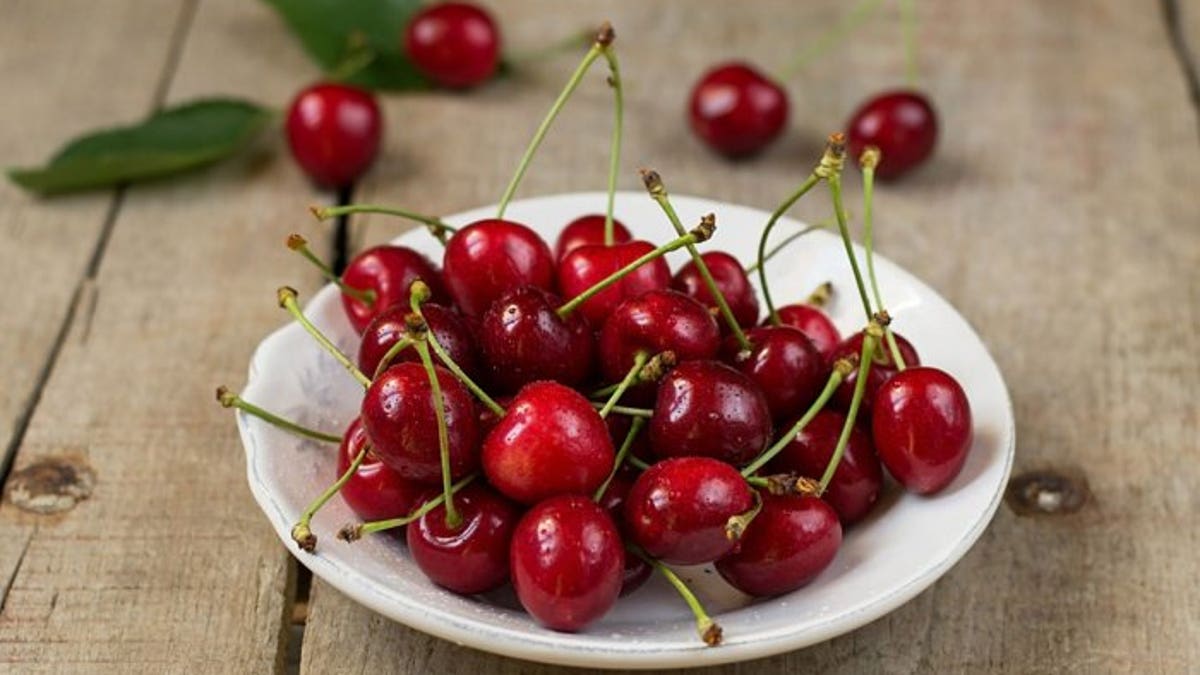We’ve all been there: You’re sitting at your desk, getting your work done, when suddenly your eyes begin to feel heavy. Seemingly out of nowhere, you’re sapped of all energy and may even begin to doze off. Where does this afternoon crash come from? Aside from the fact that you’ve been sitting all day, the food and drink that you put into your body plays a big role in your energy level, and some unexpected culprits can play a role in making you tired.
The key word here is energy. Both calories and carbohydrates give you energy (calories, by definition, are a measurement of stored energy), and when you eat the right amount of them — like carbo-loading before a marathon — that sudden burst of energy can be extremely beneficial. But if we don’t burn up that energy by exercising, two things happen: one, we crash; two, that excess energy is stored in our body as fat. What goes up must come down: carbohydrates cause blood glucose levels to rise, and when they drop back down, we go with them.
But not all crashes are caused by calories and carbohydrates. Certain chemical compounds and minerals are natural relaxants, and make for a very poor mid-day snack. Also, don’t forget that other factors besides food can contribute to sluggishness: too little (or too much) exercise, dehydration, stress, not eating enough, and (obviously) lack of sleep all play a role in your 3 p.m. slump. And while it can be tricky to control your stress level, it’s quite easy to recognize and avoid the foods that are contributing to your drowsiness.
If you’re looking for sustained energy throughout the day, start with breakfast: try to work in fiber-rich whole grains, fruit, and lean protein. These foods provide you with real sustained energy and won’t lead to a crash.
Healthy fats like olives, avocados, and nuts; healthy proteins like eggs, fish, and lean meat; and vegetable-based carbs are all better choices than the sleep-inducers below because they give you that energy kick without the crash. Complex carbohydrates like breads and grains, especially the refined ones, can tire you out, as can sugary foods.
1. Alcohol

(Shutterstock)
We’re not accusing you of hitting the bottle at work, but even a glass of wine the night before can be enough to tire you out the next day. And while a drink or two might make you tired, don’t expect to get a great night’s sleep after consuming a lot of it: Your body processing the alcohol will prevent it from going into a deep sleep, and lack of quality sleep certainly won’t help your energy level the next day.
2. Bagels

(Shutterstock)
Breads made with refined flour contain a lot of carbohydrates but not much in the way of fiber, which helps to convert those carbs into a steady stream of energy. So, instead of feeling energized, you crash. Bagels, which tend to be big, dense, bready, and made with refined flour, are one of the worst things to eat for breakfast if you want to have a productive day.
3. Caffeine

(Shutterstock)
It may seem counter-intuitive, but caffeine can actually tire you out. As opposed to foods that actually give our bodies energy on a molecular level, caffeine is just a chemical stimulant; it makes us feel alert, but once that buzz wears off we’re right back where we started, or even more tired because of the (real) energy we used up during the caffeine high.
4. Cereal

(Shutterstock)
A big bowl of cereal is loaded with carbohydrates, which will cause you to crash. And the news is even worse if the cereal is sugary: Sugar releases insulin in your body, and insulin in turn releases the amino acid tryptophan in the brain, which puts you to sleep.
5. Cherries

(Shutterstock)
Cherries (and cherry juice) are very high in naturally occurring melatonin, so you might want to save them for a nighttime snack.
Check out more foods and drinks that are killing your energy
More from The Daily Meal








































